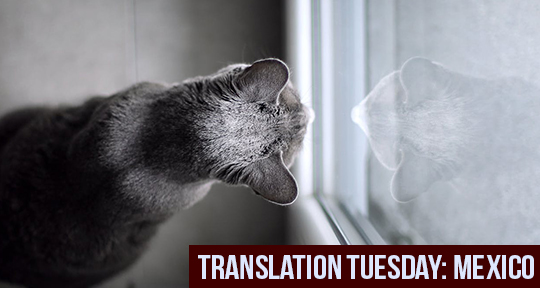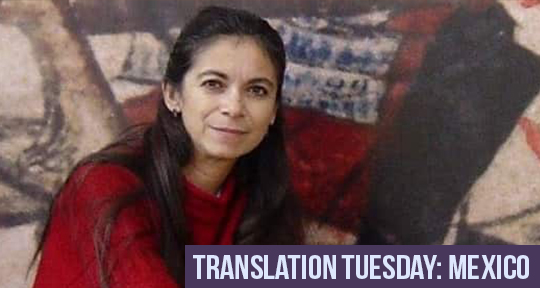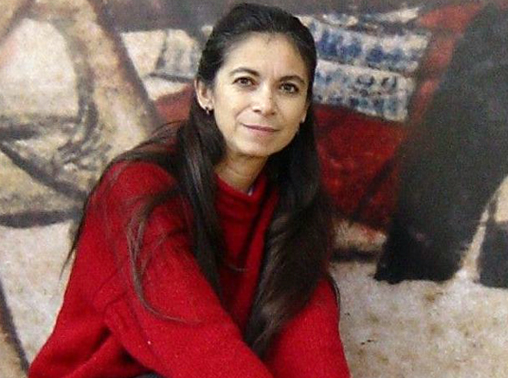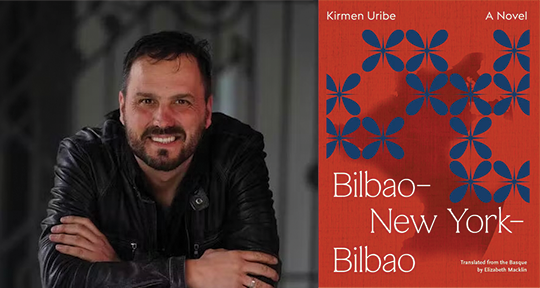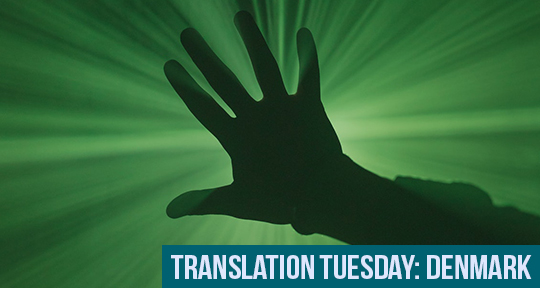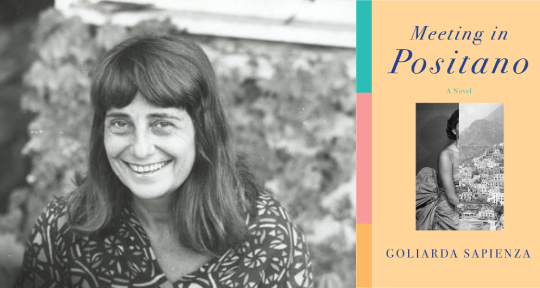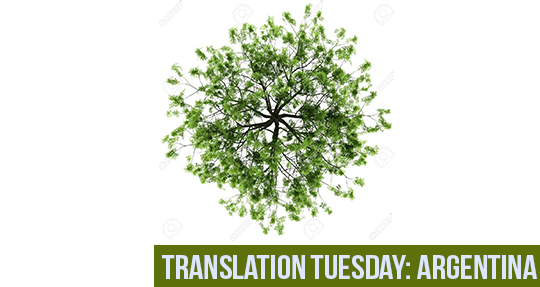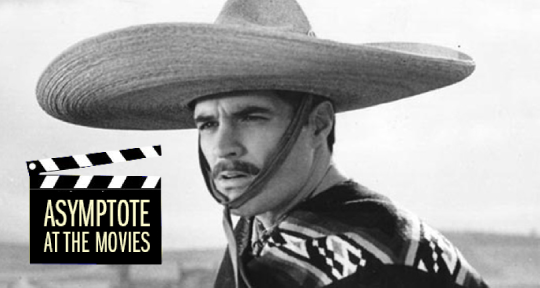Today, on Día de Muertos, Asymptote is resurrecting Asymptote at the Movies, our column on world literature and their cinematic adaptations. In a marvellously topical fusion, we’re returning with a discussion on Juan Rulfo’s beloved and widely acclaimed Pedro Páramo, and the film of the same name directed by Carlos Velo, who dared to take this complex and mystifying text to the screen.
John Gavin, the American actor who portrayed Don Pedro in the film, likened Rulfo’s novel to Don Quixote, The Divine Comedy, or Goethe’s Faust. What those books are to Spain, Italy, and Germany, Pedro Páramo is to Mexico. It’s a declaration that would seem hyperbolic if it weren’t corroborated by so many other literary masters and critics. In her preface to Margaret Sayers Peden’s translation of the novel, Susan Sontag declared the novella “one of the masterpieces of twentieth-century world literature.” Borges declared it one of the greatest texts ever written in any language. In the following conversation, Assistant Editor Edwin Alanís-García and Blog Editor Xiao Yue Shan dive into the myriad thrills that arise between this pivotal work, and its strange and brilliant cinematic counterpart.
Edwin Alanís-García (EAG): It’s a tradition to watch Pedro Páramo on Día de Muertos. I’m not sure how or when this tradition started, but I liken it to how airing It’s a Wonderful Life is a perennial custom at Christmas. To be clear, I don’t mean that Día de Muertos is simply another holiday. It might be unjust to even regard it as a holiday; perhaps ritual or ceremony is more apt. However we label it, it’s one of Mexico’s most sacred and revered traditions, perhaps even more so than Christmas or Independence Day. A defiant celebration (literally, it’s a party for the dead) of the ubiquity of death, Día de Muertos acts as a sobering reminder that the only guarantee in life is that it ends. At the same time, it’s a festival to remember and honor the dead, especially our ancestors and those we have loved and lost. On this day, it’s said that the spirits of the dead can travel to our world, hence the importance of ofrendas, ritual displays where gifts are offered to the dead to welcome them home.
In a very concrete way, these sentiments permeate Juan Rulfo’s novel and Carlos Velo’s film: the realm of the dead and the realm of the living are constantly woven together throughout the story. We start with Juan Preciado at his mother’s deathbed, vowing to fulfill her dying wish. His mother’s voice takes him to a literal ghost town in search of his father, Pedro Páramo. Through the testimonies of the living and the dead (and it’s sometimes difficult to tell the two apart) we’re treated to flashbacks of a once thriving town and the tyrannical legacy of our titular villain.
Xiao Yue Shan (XYS): Cultural commemorations and reconciliations of death seem to be mirrored across the world. In China, during a day of early springtime (a varying date on the Chinese calendar), we observe the Qingming Festival—heading to the graves of our ancestors to sweep and tidy up the grounds, burn incense and paper money, pay tribute. It is—in the same vein as Day of the Dead—an acknowledgement of the steep and synchronous passage between the realms we experience, and all the others we are offered only brief glimpses at.
Something I thought about was that—when sorting through the wreckages of a national trauma, there tends to be a reprise of narratives that amalgamate death and spirituality with day-to-day life. Day of the Dead, and what it means to Mexico, bring to mind a section of Robert Bolaño’s vividly wandering long poem, “The Neochileans”:
To the Virgin Lands
Of Latin America:
A hinterland of specters
And ghosts.
Our home
Positioned within the geometry
Of impossible crimes.
“Holidays” of remembrance are communal methods for managing the irresolution of death; when the abrupt disappearances of lives become a ceaseless tide, acceptance of its pervasion does not equate to understanding. Reading and watching Pedro Páramo brought to mind firstly the human impulse to fight against and disprove the terrifying concept of permanence. Death, our only pedestrian encounter with the eternal, is something that feels instinctually wrong for both its ineradicability and inevitability—perhaps because we have nothing to measure it up against, no certain qualifiers or records, a complete void of comparability. The persistence of ghosts, and spirits, and their continual autonomy and humanity, then, is an automatic salve for the mystifying absolution of death, and Pedro Páramo is such a brilliant dissolution of permanence, an astonishing textual disprovement of linearity and the limits of our living experience. I often find that cultures that incorporate spirituality more seamlessly into their daily philosophies are also generations that have suffered formidable violence. Along this vein of thinking, there are some who say that writing this book was Juan Rulfo’s way of protesting the failed promises of the Mexican Revolution. What do you think?
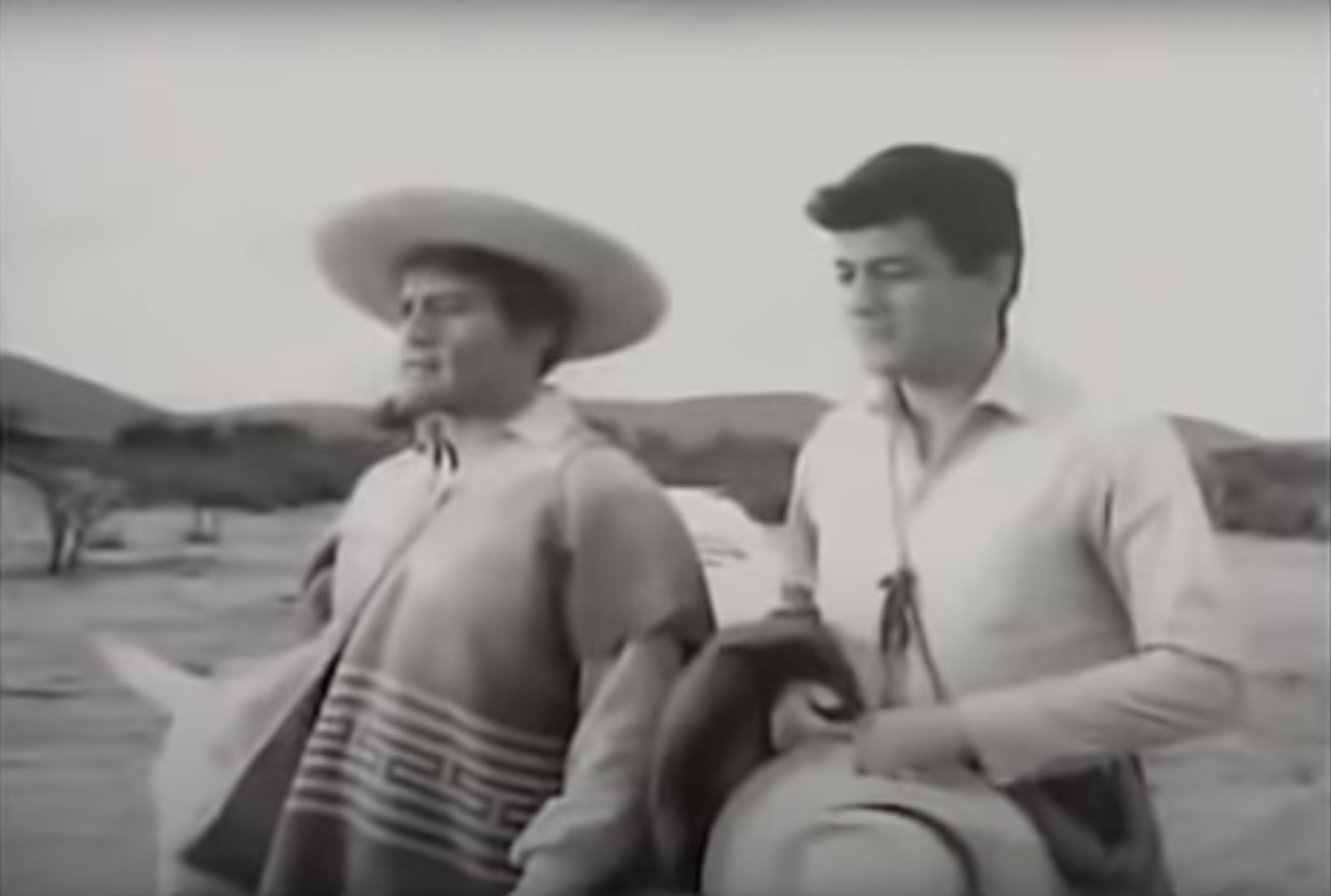 READ MORE…
READ MORE…

